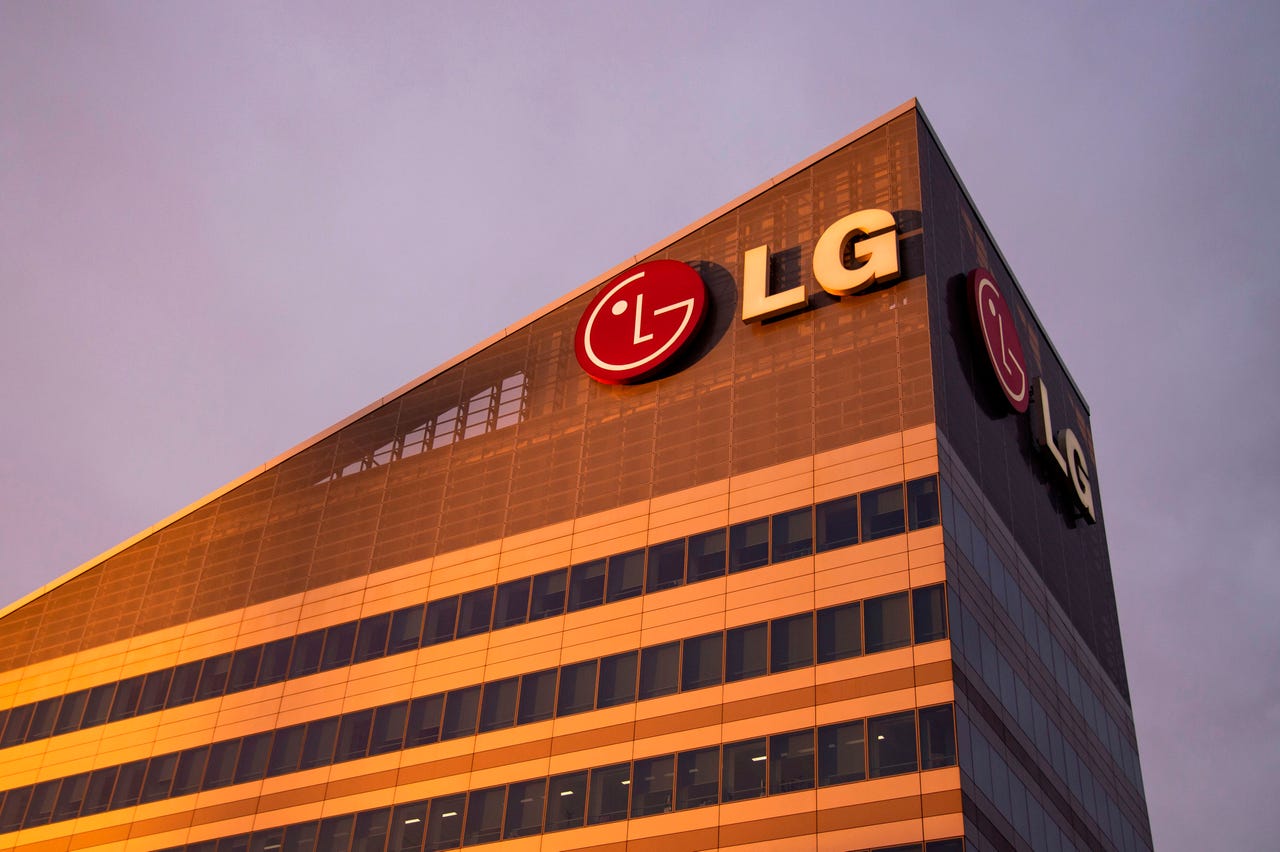































 Image: Getty Images
Image: Getty Images After filing three patent infringement lawsuits against Wiko, it seems LG has made amends with the smartphone maker and agreed to license all of its LTE standard essential patents to Wiko's parent company, Tinno Mobile.
The licensing agreement came after LG won all three of those lawsuits. The two companies were set to face each other in court again this month for a Wiko appeal until the licensing agreement was made.
"Our agreement with Tinno Mobile is a positive outcome for all parties involved and will ultimately lead to better user experiences for consumers worldwide," said Cho Hwi-jae, vice president and head of LG's Intellectual Property Center.
"Protecting our intellectual property is important to the many employees at LG who have invested countless hours and considerable efforts to developing the technology that improve our customers' lives."
LG's patents have seen lots of air time in court, as the company also previously filed patent infringement lawsuits against Blue, Hisense, and TCL.
All three of those disputes also ended in favour of LG, with Hisense, much like Tinno Mobile, eventually coming to a licensing agreement with LG.
The announcement follows LG reshuffling its leadership earlier this week, with its chief strategy officer William Cho being appointed to the CEO role. Cho replaces Kwon Bong-seok, who will move to a vice-chairman role within the South Korean conglomerate.
Cho will continue to be the company's chief strategy officer while taking on the CEO duties.
Other notable changes to LG's leadership include Kim Byoung-hoon, who was previously the head of LG's Future Technology Center, being appointed as LG's CTO and Jang Ik-hwan becoming the new head for the LG Business Solutions arm.
LG's decision to give the reins to Cho follows an up-and-down year where the company both earned its highest third-quarter revenue ever and shut down its mobile division after the business unit failed to earn a profit for 23 straight quarters.
During the third quarter, LG posted almost 19 trillion won in revenue and 540.7 billion won in operating profit.
 Tags chauds:
technologie
Matériel informatique
Tags chauds:
technologie
Matériel informatique